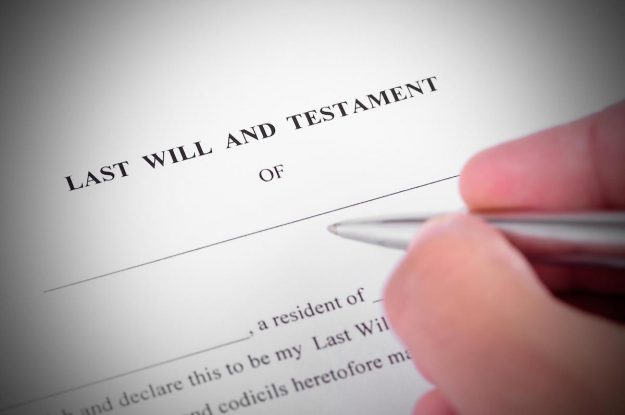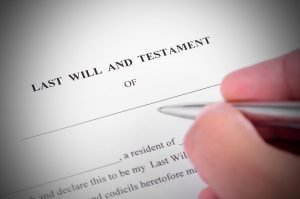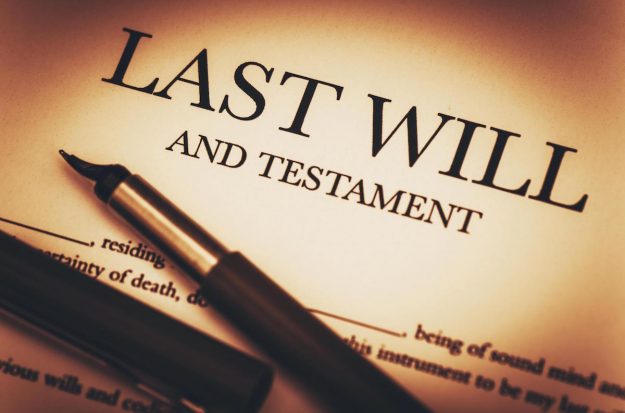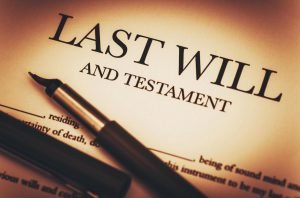Rod Genders is a senior Australian lawyer specialising in Wills and Estate Planning, Probate and Estate Administration, Trusts and Guardianship and Inheritance Claims and Contested Estates in South Australia. His boutique specialist law firm, which was founded on 1848, is one of the oldest and most respected in Australia. Rod is an international author and speaker. Rod is the 3rd generation of Genders in the law and has been practising specialised law since the mid 80’s. For over 10 years he served on the Council of the Law Society of South Australia and is a senior member of its Succession Law Committee. For 8 years Rod was a founding committee member of the South Australian branch of the London-based Society of Trusts and Estate Practitioners (STEP) and was the founding Chair of the international STEP Digital Assets Special Interest Group. For over 25 years Rod has chaired a private committee enquiring into the affairs of protected persons. He is a member of the Law Council of Australia, a member of the Notaries Society of South Australia and an associate member of the American Bar Association.
Estate planning lawyers are getting mobbed with questions. So, here is some timely advice on what families should be doing to prepare in case the unimaginable happens.
The economy and job market has recently been in a free fall. The world has not experienced this level of fear since the days of the polio epidemic in the 1940s and 1950s.
I get it. I’m not a kid any more, and I’m supposed to be grown-up and ‘responsible’. It’s time to “put my affairs in order”.
Thinking about making a Will just isn’t fun. No-one wants to confront their own mortality. And talking to a lawyer is boring – and expensive – right?
Plus I’d have to take time-off work to drive across town to the lawyer’s office. Finding a carpark is always a pain.
The offices of Genders and Partners remain open, and we continue to monitor the COVID-19 outbreak closely as it evolves.
We receive frequent briefings and alerts from the Law Society of South Australia, the Law Council of Australia and the international Society of Trust and Estate Practitioners.
The South Australian and Federal Governments, as well as the World Health Organisation, are providing ongoing directions on the temporary closure of non-essential activities and businesses to help slow the spread of COVID-19.
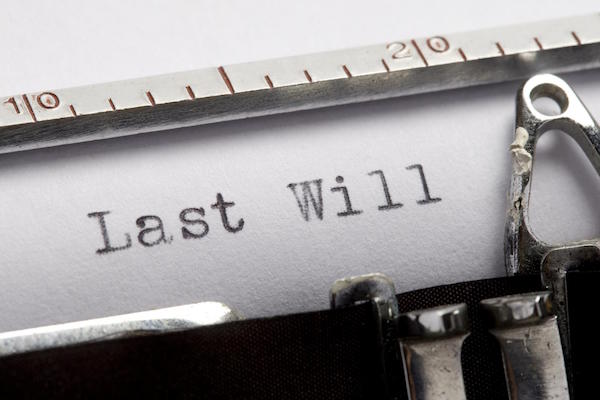
Trying to DIY the most important legal document in your life is a bad idea. This is a specialised area of law, and when you don’t know what you’re doing, it is very easy to make critical errors trying to do this yourself. Any mistakes you make won’t become apparent until you die, and it’s too late for you to fix them, so it will be your family who has the stress and cost of dealing with it all.
Here are 7 of the most common errors people make with DIY Wills:
- No Advice. While DIY Will-kits and online services might provide you with a document that looks like a Will, appearances can be deceptive. What you are paying a lawyer for is the advice they provide you along with the Will. It is illegal for anyone other than a licensed lawyer to provide legal advice for a fee, whether that means answering questions or making planning suggestions for how to accomplish goals. So the companies that offer DIY Wills or kits or online documents are always careful to tell you that they are not giving you legal advice, and they ALWAYS recommend that you consult a lawyer if you have questions.
Include Pets in Your Estate Plan
Most of us consider our pets part of the family. But sometimes we don’t think about including them in plans for what happens when we die or can no longer look after ourselves.
In our law practice, we talk a lot about estate planning for families.
It’s the most common application for our services—parents want to be able to protect the money they’ve saved and the assets they’ve accrued for their children, and provide an easy way for their assets to be passed down to their children when they die.
However a person who is single with no children—or, for that matter, a childless person whose spouse has passed away—may need estate planning services even more.
When I was a kid, I saw how people naturally gravitated to my mum and dad when they needed help.
Extended family and close friends turned to them when they were in trouble, and I used to wonder what it was that made my folks the ‘go-to’ people in that situation.
My mum was great at comforting people. She just had this way about her that put people at their ease. She welcomed them and – somehow – embraced them emotionally.
I’ve taken a hammering this week from people misplacing their anger about Wills and estates, and I’m sick of it. RANT ON:
I’ve just hung up the phone from an otherwise sweet lady, whose 100 year-old aunt had recently died without a Will.
I had to explain to her about the process of applying for Letters of Administration (differing from Probate), and which relatives have priority to do so, and how much the fees and expenses would be.
Finding a good lawyer is no easy task. Even if you know a good lawyer, they might not specialise in the area of law you require.
Whatever type of legal issue you find yourself confronting, finding the right lawyer is crucial for the outcome of the matter.
The first step in finding a lawyer is determining what type of issue you have. The category of lawyer that you are seeking, specialises in ‘Wills & Estates’.
New Year’s resolutions are an ancient tradition, stretching back millennia. Over 4,000 years ago the Babylonians were the first people to make New Year’s resolutions.
Every year at this time, millions of people make resolutions promising improvements in their lives.
Alcohol will be forsworn, exercise embraced, hobbies sought, healthy eating vowed. It makes sense to respond to the indulgences of Christmas with this sort of healthy catharsis.




